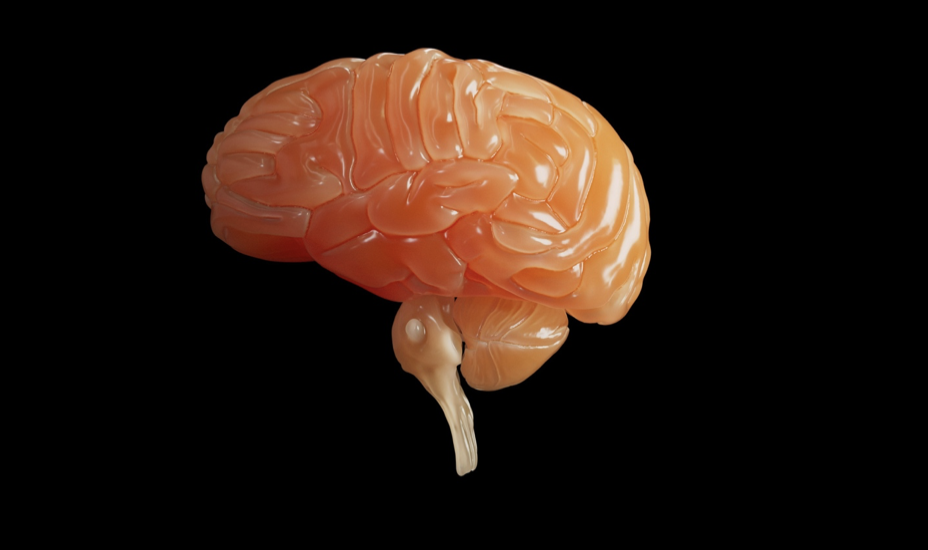Anavex Life Sciences Corp. (Nasdaq: AVXL), a clinical-stage biopharmaceutical company, recently presented comprehensive results from its Phase IIb/III trial of blarcamesine, or Anavex 2-73, at the Alzheimer’s Association International Conference. This trial revealed significant findings regarding the treatment’s effectiveness in slowing clinical decline in patients with early Alzheimer’s disease.
Anavex Life Sciences’ trial focused on the oral once-daily administration of blarcamesine. The study revealed a significant slowdown in clinical decline by 38.5% in the 50-milligram group and 34.6% in the 30-milligram group over 48 weeks, as measured by the ADAS-Cog13 cognitive endpoint. These findings align with the recent Food and Drug Administration guidance for early Alzheimer’s disease, which allows a sole cognitive measure as the primary endpoint for trials.
The trial’s co-primary endpoints included the ADCS-ADL functional measure, which trended positively but did not reach significance. A potential reason for this is the ADCS-ADL scale’s design for Alzheimer’s with overt dementia, making it less sensitive for early-stage disease. However, the key secondary endpoint, CDR-SB, showed significant improvements at both dosages, reinforcing the positive cognitive and functional outcomes of blarcamesine.
Additionally, blarcamesine demonstrated significant impacts on brain health markers. It slowed brain atrophy in key regions, with a 37.6% reduction in overall brain atrophy, a 63.5% reduction in total gray matter atrophy, and a 25.1% reduction in lateral ventricles atrophy. These results are supported by biomarkers from the A/T/N spectrum, including the plasma Aβ42/40 ratio, which indicated a decrease in Alzheimer’s disease pathology.
“These data are very exciting, particularly in a study that can demonstrate objective slowing of markers of neurodegeneration,” said Dr. Marwan Noel Sabbagh, professor of neurology and chairman of the scientific advisory board at Anavex. “We believe the scalable and convenient features of blarcamesine could reduce crucial barriers within the currently complex health care ecosystem for Alzheimer’s disease and provide broader access to a diverse population with early Alzheimer’s disease.”
Juan Carlos Lopez-Talavera, head of research and development at Anavex Life Sciences, emphasized the company’s precision medicine approach. “People living with early Alzheimer’s disease have the desire to maintain their sense of self for as long as possible. The study results provide the potential for people with more time to engage in meaningful activities and full regulatory submission of blarcamesine in Europe is expected in Q4 2024.”
The study’s detailed findings include significant improvements in the primary and key secondary endpoints. For the primary endpoint ADAS-Cog13, the 50-milligram dosage group showed a minus-2.149 difference compared to the placebo, and the 30-milligram group showed a minus-1.934 difference. Both dosages showed significant improvements in the CDR-SB endpoint and the CGI-I measure.
In terms of safety, the most common treatment-emergent adverse event was dizziness, which was generally mild to moderate in severity. These events occurred in 35.8% of participants during titration and 25.2% during maintenance with blarcamesine, compared to 6.0% during titration and 5.6% during maintenance with placebo. These adverse events were manageable by adjusting the titration schedule.
Anavex Life Sciences’ submission to the European Medicines Agency underscores the company’s commitment to providing innovative treatments for neurodegenerative diseases. The trial results, along with previous studies, support the potential of blarcamesine to address the high unmet need for Alzheimer’s disease treatments.
Christopher U. Missling, Ph.D., president and CEO of Anavex Life Sciences, expressed gratitude to all involved in the study and reaffirmed the company’s dedication to developing new treatment options. “We like to thank all the people involved in the study for their invaluable contributions and we look forward to continuing our journey to address the high unmet need for Alzheimer’s disease patients with a potential new convenient orally available treatment option for Alzheimer’s disease.”
The presentation is available on the company’s website, and data from the trial will be published in an upcoming peer-reviewed journal.
Anavex Life Sciences continues to advance its research, aiming to develop novel therapeutics for neurodegenerative, neurodevelopmental, and neuropsychiatric disorders. The company’s lead drug candidate, Anavex 2-73, has shown promising results across multiple studies, reinforcing its potential to address various central nervous system diseases.
Note: This article discusses investigational uses of a product in development and does not intend to make conclusions about efficacy or safety. There is no guarantee that blarcamesine will successfully complete clinical development or gain health authority approval.







